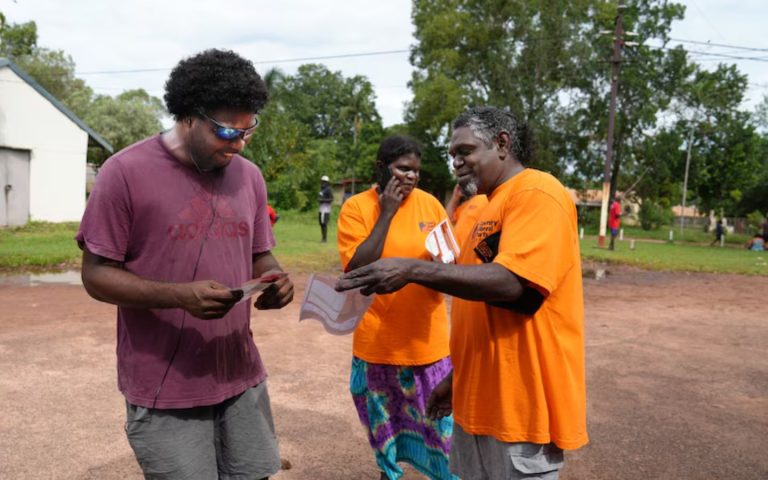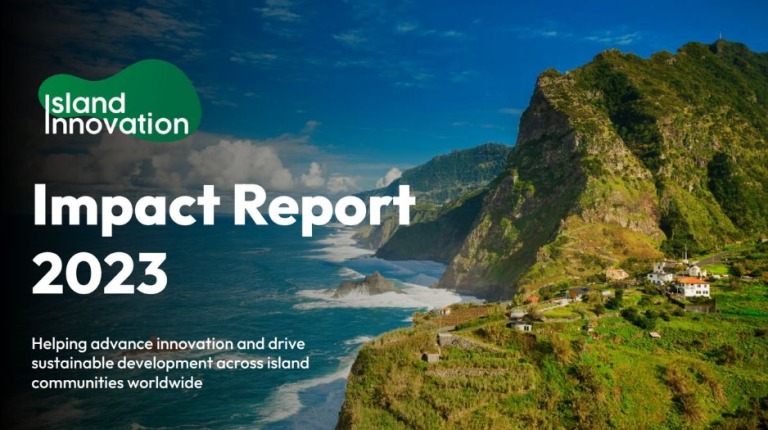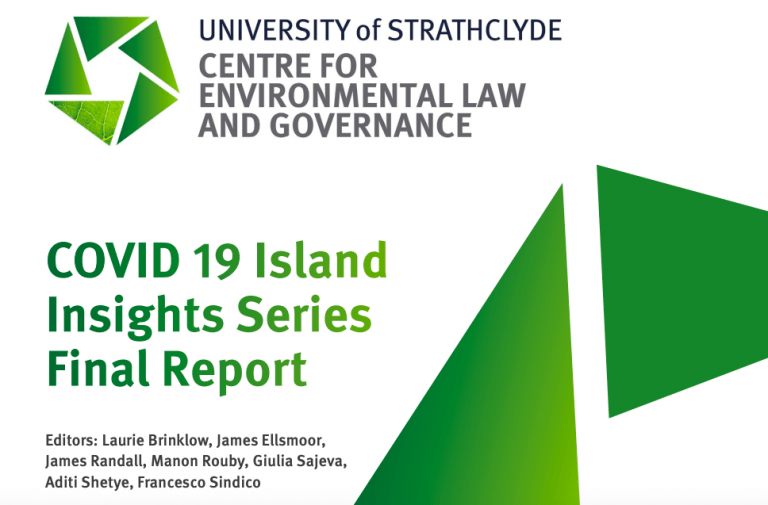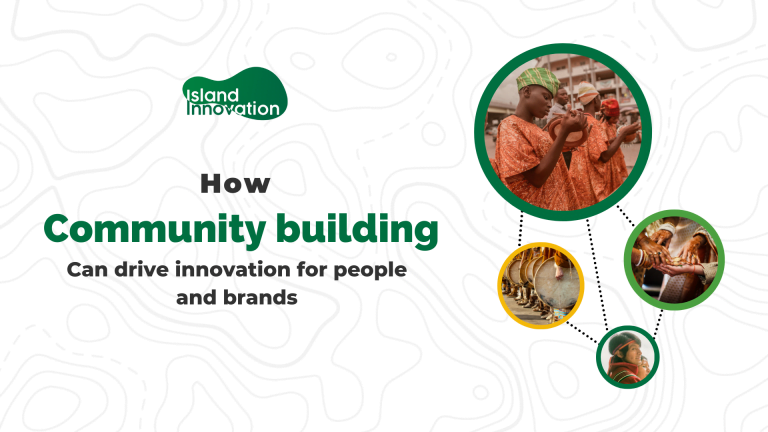Excerpt from odi.org
Many climate finance negotiators are already familiar with Baku. Most have recently visited Azerbaijan’s capital for an expert dialogue or a meeting of the heads of delegations. Over the next two weeks, they will therefore be treading familiar ground – both physically and technically
The key focus of COP29 will be the decision around the New Collective Quantified Goal on climate finance, known as the NCQG. The outstanding bottlenecks include:
- Access to climate finance. Scarce concessional finance plays an outsized role in lower-income countries and small island states, but these are also the countries that struggle the most with the fragmented climate finance architecture and its high transaction costs. Can the NCQG improve access?
- Transparency of climate finance. Unclear definitions of, and opaque reporting on, climate finance has raised questions about progress to date, and fuelled mistrust between developed and developing countries. Independent observers have repeatedly raised concerns about what is counted, on what terms and from what source. Can the NCQG improve transparency?
- The quantum of climate finance on the table from developed countries. The heart of the NCQG will likely be a commitment by developed countries to provide a certain quantity of international public climate finance for developing countries, sometimes referred to as “public core”. The size of the public core in turn depends on resolving other tricky issues; for example, the number is likely be smaller if developed countries commit to provide climate finance in the form of grants or report grant-equivalence. What should this number be?
- An investment goal. Some countries want to frame the NCQG as a ‘global investment goal’, signalling the scale of the finance required to keep 1.5 alive and drawing attention to the importance of private finance, domestic public finance and innovative sources. Others fear that this dilutes the NCQG’s focus on the obligations of developed countries to provide climate finance, and will be challenging to track progress towards, or hold providers to account.






















